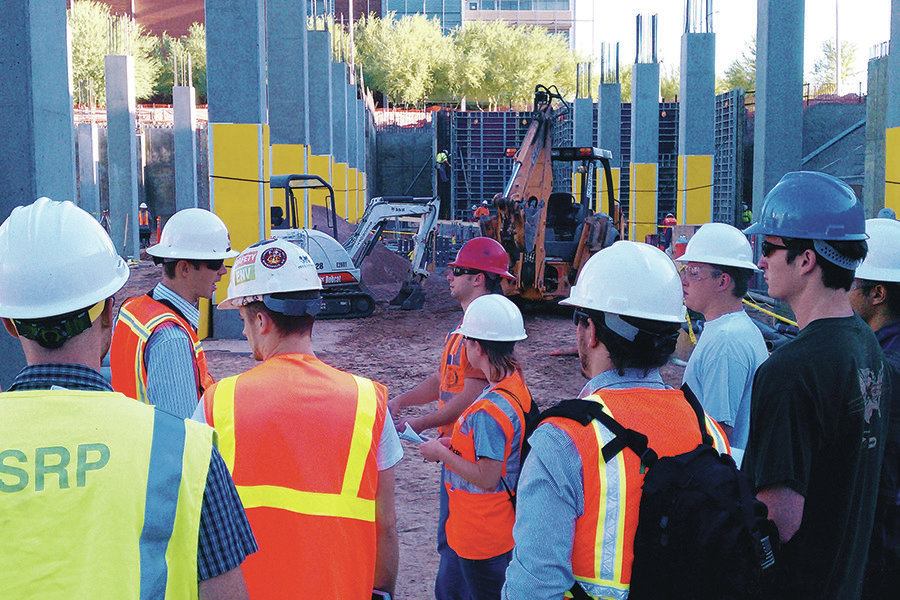Mobile crane operators play a crucial role in various industries, including construction, shipping, and manufacturing. Given the hazardous nature of these work environments, it is essential for operators to undergo rigorous training to ensure both their safety and the safety of those around them. The approach to job safety for mobile crane operators in hazardous work environments involves several key components, including thorough training programs, adherence to safety protocols, and continuous education. Firstly, training programs for mobile crane operators must be comprehensive and tailored to the specific hazards associated with the work environment. These programs typically cover a range of topics, from the fundamental operation of the crane to advanced maneuvering techniques required for complex tasks. Operators are trained in understanding load charts, maintaining equipment, and the principles of load stability. Additionally, training includes hazard identification and risk assessment to prepare operators for various scenarios they may encounter. For example, in construction sites with overhead power lines or confined spaces, operators must learn specific strategies to mitigate these risks effectively.

Secondly, adherence to safety protocols is paramount. Operators are trained to follow established safety procedures, including pre-operation inspections, proper use of personal protective equipment PPE, and adherence to load limits. Regular maintenance of the crane is also a critical aspect of safety, ensuring that all mechanical components are in optimal working condition. Safety protocols often include guidelines for emergency procedures, such as how to respond to equipment malfunctions or accidents. These protocols are designed to minimize the risk of incidents and ensure a swift response in case of emergencies. Furthermore, continuous education and retraining are essential to maintaining high safety standards. The field of mobile crane operation is dynamic, with advancements in technology and changes in regulations and click here. Ongoing education helps operators stay current with the latest safety practices and technological innovations. Many organizations offer refresher courses and certifications to ensure that operators remain proficient in their skills and knowledge. This continuous learning approach helps address any gaps in knowledge and adapt to evolving safety requirements.
In addition to formal training and safety protocols, fostering a safety culture within the workplace is crucial. This involves encouraging open communication about safety concerns and promoting a proactive approach to identifying and addressing potential hazards. Operators should feel empowered to report unsafe conditions or practices without fear of reprisal. A strong safety culture supports the overall effectiveness of safety measures and contributes to a safer working environment. In summary, the approach to job safety for mobile crane operators in hazardous work environments is multifaceted. It encompasses comprehensive training programs that address both operational skills and hazard management, strict adherence to safety protocols, and a commitment to continuous education. By integrating these elements, organizations can significantly reduce the risk of accidents and ensure a safer work environment for crane operators and their colleagues.